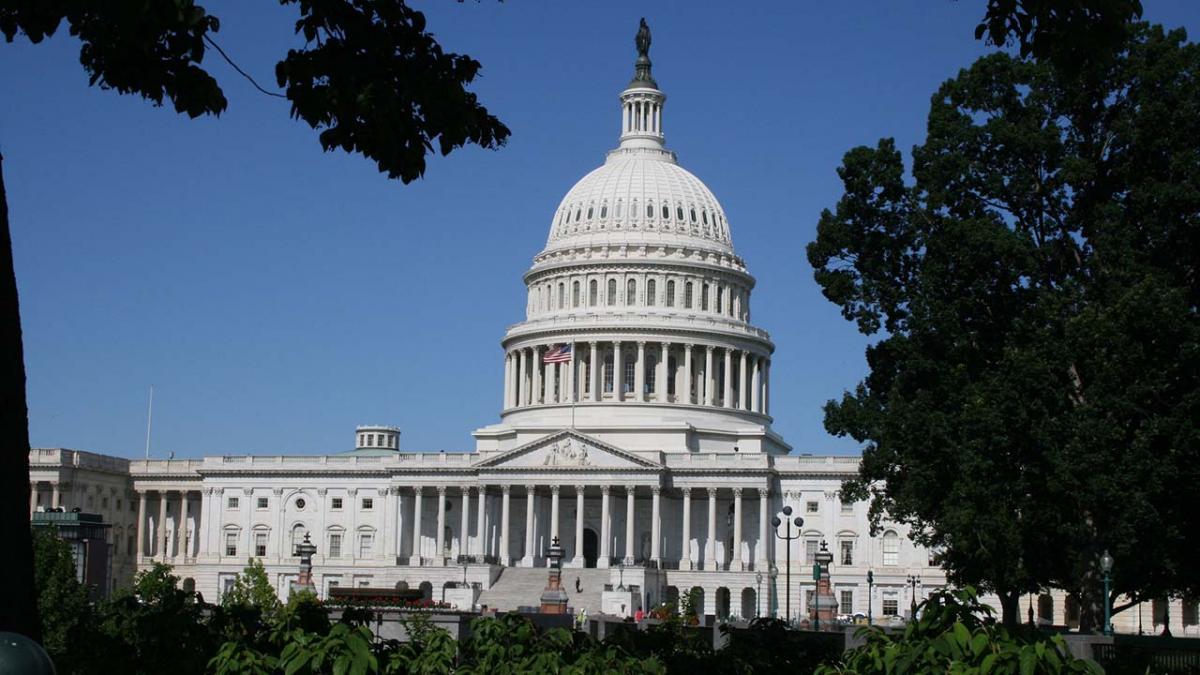Gary Todd/Flickr (Public Domain)
This article was first published by Nebraska Farmer on Dec. 3, 2021 and is excerpted here with permission.
As the calendar turns from 2021 to 2022, agricultural producers and policy stakeholders can look ahead to another year full of important issues and policy discussions.
Ongoing issues that are sure to continue into 2022 include policy debates and further developments over the pandemic response, climate and carbon, bioenergy, regulations, infrastructure and other federal spending, and immigration — all of which have an effect on agriculture. Then, of course, 2022 also brings with it the midterm elections and what should be the start of the 2023 Farm Bill debate.
As the calendar turns from 2021 to 2022, agricultural producers and policy stakeholders can look ahead to another year full of important issues and policy discussions.
Ongoing issues that are sure to continue into 2022 include policy debates and further developments over the pandemic response, climate and carbon, bioenergy, regulations, infrastructure and other federal spending, and immigration — all of which have an effect on agriculture. Then, of course, 2022 also brings with it the midterm elections and what should be the start of the 2023 Farm Bill debate.
It can be easy to get bogged down in the details of any of these particular issues, and I have done so (and will continue to do so) over time. But, as we turn to the new year, it is a good time to reflect on a broader agenda that doesn’t focus on the issue of the day, week or month — and instead looks to the policy issues that will affect agriculture over the coming years and decades.
Just as I teach students in class to understand the drivers of policy development, it is worthwhile to understand the fundamental challenges facing agriculture as a way to frame the policy issues and debate that is certain to come.
I believe the fundamental challenges or expectations of society for agriculture include four key questions: Will agriculture provide commodity food, feed and fiber production for global demand? Will it provide branded, specialized or production-process-verified products for local food systems? Will it provide bioenergy and renewable energy production to help meet U.S. energy demand? Or will it provide environmental benefits or agro-ecosystem goods and services for society?
Read Full Article on Nebraska Farmer